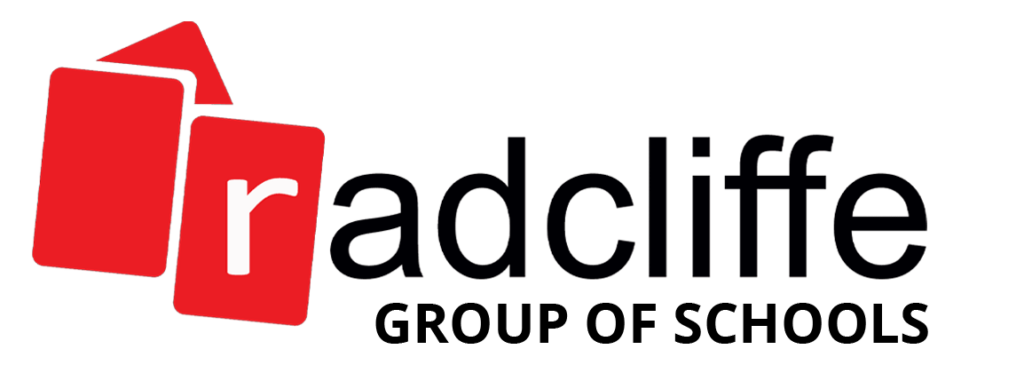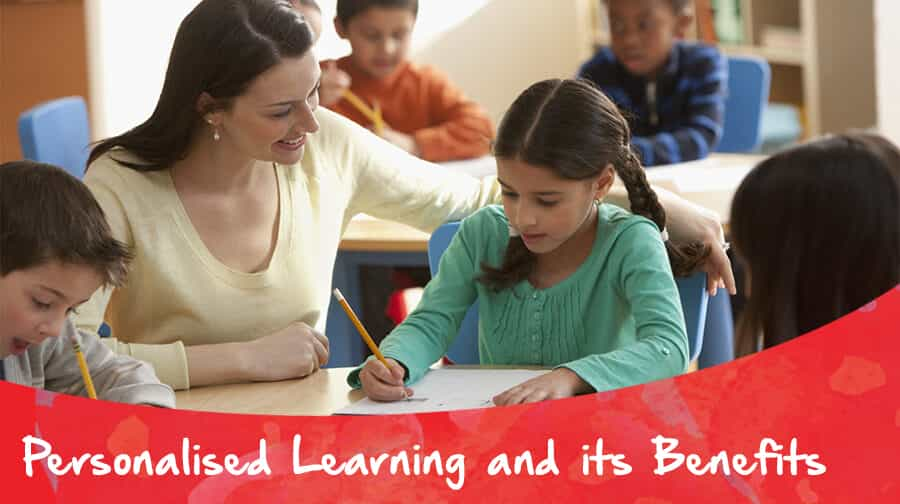No two students are the same, each one has their own strengths and weaknesses and each student responds differently to different methods of learning. It is not always possible for teachers to pause the class and give individual attention to students that have not understood the lesson but at the same time, they can’t ignore them.
The concept of personalised learning involves an educational environment and curriculum that revolves around each individual student’s needs and abilities. Customizing the learning experience and tailoring that to each student means every student, no matter their capabilities, gets the right education based on their best suited learning method and interest.
Personalised Learning encourages students to take ownership of their learning, reflect upon their strengths and weaknesses to set personal goals, and creates a holistic learning experience that will last students a lifetime. Traditionally in the schools, the students focus their attention on the teacher. Personalised learning pulls the focus away from the teacher and onto the students.
For personalised learning to take place:
- Each student should have a learner profile, or a record documenting his or her academic strengths and weaknesses, motivations, and goals.
- Students should have personal learning paths that encourage them to set and manage their individual academic goals.
- Students should follow a competency-based progression through topics
- Their learning environments should be flexible and structured in a way to support their goals.
Personalised learning has numerous benefits for students some of them are:
Develop life-long skills that serve them beyond school life:
Personalised learning usually involves students in deciding their own learning process. This teaches the students vital skills that will serve them throughout their lives. E.g. If a student chooses a particular method of completing the assignment he/she has the flexibility to decide the learning path. Engaging in self-assessment helps students develop self-reflective abilities.
Students requiring support can be more confident in asking for help:
With students having the ability to choose their learning path and with the supportive and flexible learning environment they are placed in, makes students more confident in asking for help and clearing doubts.
Participate in Decision Making:
Personalized learning encourages students to speak up and express what their interests are, giving them a voice and a choice in their educational journey. This gives them the power in making decisions early in their lives.
Customized:
Customization is one of the biggest advantages of personalised learning. Personalised learning combines a mix of several learning methods like group assignments, Individual learning etc. Customization can occur at different levels from the classroom to the individual level. The learning environment is also sometimes altered based on the current learning objective and goal.
Varied Pacing:
One of the biggest advantages is that personalised learning adapts to the student and not the other way around. Each student’s strengths and weaknesses are taken into consideration and a learning style to adapt to their needs is implemented. Students progress is measured and graded and the learning methodology is adapted if it does not fulfil the desired outcome. Short term and long term goals also help students take ownership of their progress. Teachers can then easily assess and modify the learning method.
Collaboration:
Personalised learning encourages collaboration between the school, student, parent and community. Because of the exposure to different learning styles and environments students are more aware of the real world. Exposing students to action research , interactive sessions, field trips etc expands their knowledge base and gives them a more holistic education experience. This helps them become better members of society.
With personalised learning having so many advantages compared to traditional learning it is no doubt this is one of the best teaching methods especially in the child’s early years. Personalised learning requires frequent communication between students, parents and teachers to ensure the student is on the right track to success.
Ashalatha B C
PYP Coordinator – IB
Radcliffe World Academy




